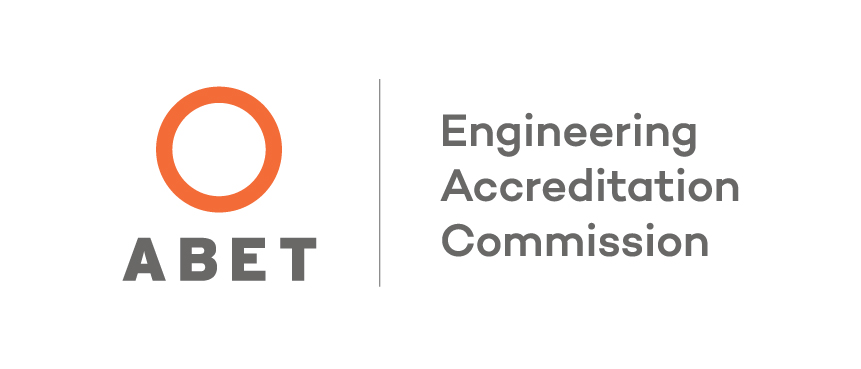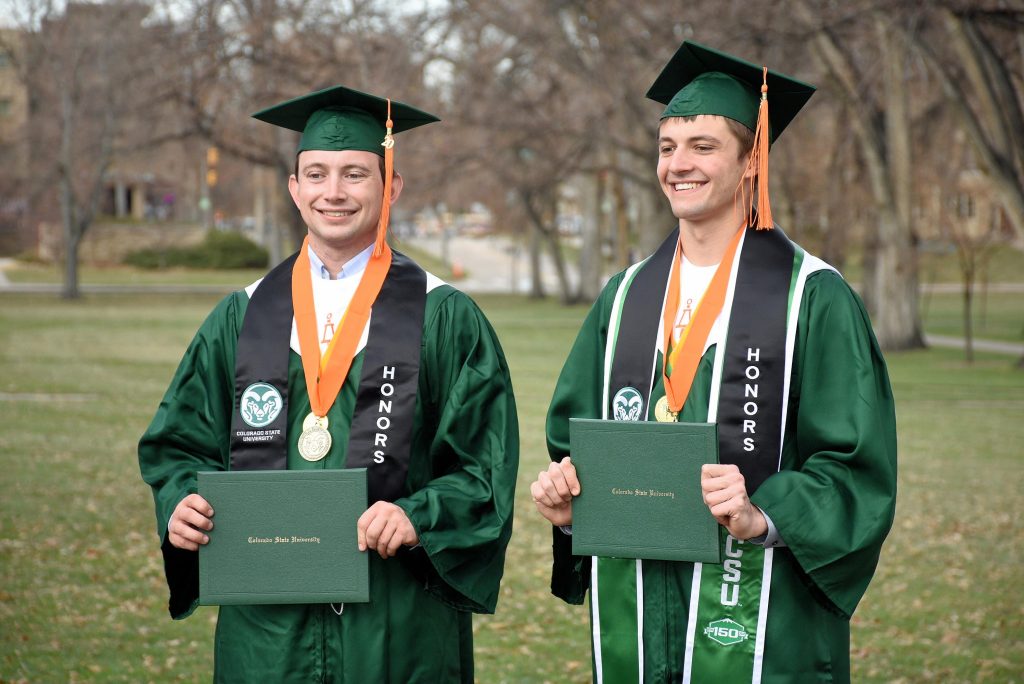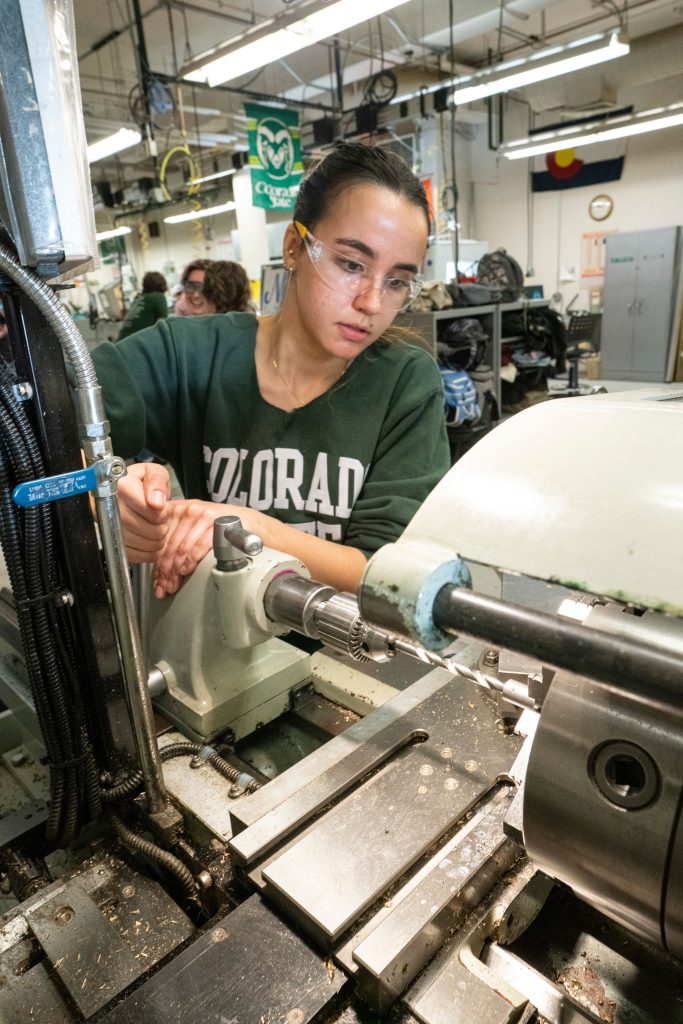CSU Mechanical Engineering - ABET Accreditation

The Mechanical Engineering Bachelor of Science degree at Colorado State University is recognized as an ABET-accredited program by the Engineering Accreditation Commission.
The Accreditation Board for Engineering and Technology (ABET) is a non-profit organization that assesses and provides accreditation to university programs in natural science, computing, engineering, and engineering technology
ABET is an esteemed accreditation that certifies a program adequately prepares students to join the global workforce. Receiving accreditation is a voluntary, peer-reviewed process in which programs are reviewed by technical professionals from industry, academia, and government.
Learn more about ABET by visiting the ABET website.
“ABET accreditation assures confidence that a collegiate program has met standards essential to prepare graduates to enter critical STEM fields in the global workforce. Graduates from an ABET-accredited program have a solid educational foundation and are capable of leading the way in innovation, emerging technologies, and in anticipating the welfare and safety needs of the public.”
Read more about why ABET accreditation matters at the ABET website.
Our Mission
Mechanical Engineering at Colorado State University is about using our knowledge of health, energy, and materials and manufacturing to solve society’s global engineering challenges.

Program Educational Outcomes
The Mechanical Engineering Undergraduate Program Educational Objectives (PEO) were chosen to meet the mission statements of Walter Scott, Jr. College of Engineering and Colorado State University. The PEOs are as follows:
Mechanical Engineering Bachelor of Science graduates will be able to accomplish the following within the first few years after graduation:
- Identify, analyze, formulate, and solve engineering problems associated with their professional position, both independently and in a team environment.
- Manage multi-faceted and multi-disciplinary projects with significant legal, ethical, regulatory, social, environmental, and economic considerations using a broad systems perspective.
- Communicate effectively with colleagues, professional clients, and the public
- Demonstrate commitment and progress in lifelong learning, professional development, and leadership.
Program Objectives
The student outcomes for the Mechanical Engineering Undergraduate Program are the Engineering Accreditation Commission ABET outcomes. The student outcomes are as follows:
- An ability to identify, formulate, and solve complex engineering problems by applying principles of engineering, science, and mathematics.
- An ability to apply engineering design to produce solutions that meet specified needs with consideration of public health, safety, and welfare, as well as global, cultural, social, environmental, and economic factors.
- An ability to communicate effectively with a range of audiences.
- An ability to recognize ethical and professional responsibilities in engineering situations and make informed judgments, which must consider the impact of engineering solutions in global, economic, environmental, and societal contexts.
- An ability to function effectively on a team whose members together provide leadership, create a collaborative and inclusive environment, establish goals, plan tasks, and meet objectives.
- An ability to develop and conduct appropriate experimentation, analyze and interpret data, and use engineering judgment to draw conclusions.
- An ability to acquire and apply new knowledge as needed, using appropriate learning strategies.
